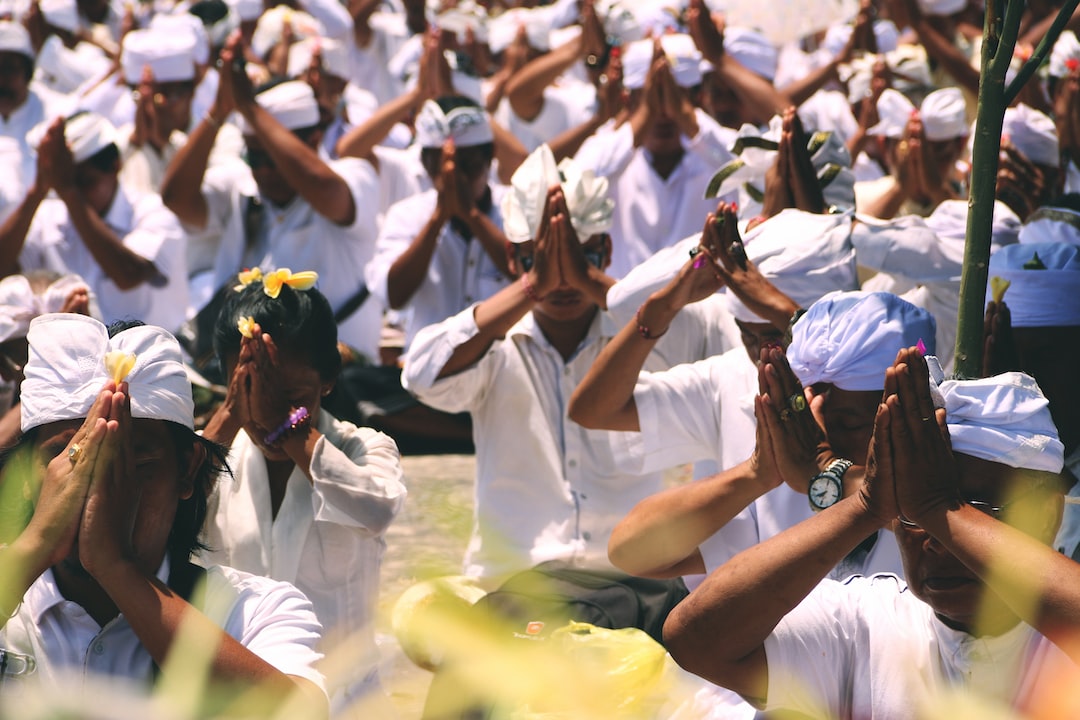The Interplay Between Religion and Science: Finding Common Ground
For centuries, there has been an ongoing debate between religion and science, with some arguing that these two areas of knowledge and inquiry are fundamentally at odds with one another. However, upon closer examination, it becomes clear that there is, in fact, significant common ground between the two. Both religion and science seek to understand and explain the world around us, albeit through different methods and perspectives. By recognizing and embracing this interplay between religion and science, we can foster a deeper understanding of our world and enrich our own spiritual and intellectual experiences.
First and foremost, religion and science both address fundamental questions about the nature of our existence and the world we live in. Religion seeks to answer questions about the meaning and purpose of life, our place in the universe, and the existence of a higher power or divine being. Science, on the other hand, takes a more empirical approach, seeking to understand the physical laws and mechanisms that govern the natural world. Both disciplines are driven by a genuine curiosity and desire to uncover the truth about our world, albeit by different means.
In addition, both religion and science rely on a certain level of faith and trust in their respective methods and beliefs. Religion often requires a leap of faith in accepting the existence of a higher power or the divinity of scripture. Similarly, science requires trust in the scientific method and the validity of empirical evidence. Both religion and science require an openness to possibilities beyond what we can directly observe or comprehend, demonstrating that faith and reason can coexist.
Moreover, religion and science have the potential to complement and enrich one another. Religion offers a sense of purpose and meaning that science alone cannot provide. It provides a moral framework, guidance, and a sense of belonging to something greater than ourselves. Science, on the other hand, can inform our understanding of the natural world and help us appreciate the complexity and beauty of the universe. By embracing both religious and scientific perspectives, we can cultivate a more holistic understanding of ourselves and the world around us.
Yet, it is important to acknowledge that conflicts have emerged when religious dogma clashes with scientific findings. The Galileo affair in the 17th century serves as a poignant example of the tensions that can arise between religion and science. Galileo’s heliocentric model of the solar system challenged the geocentric views held by the Catholic Church at the time, resulting in his condemnation. Such instances illustrate the need for open dialogue and a willingness to reinterpret religious teachings in light of scientific advancements.
Fortunately, in recent times, there has been a growing recognition among both religious and scientific communities for the need to find common ground. Many religious leaders now accept the scientific consensus on topics such as evolution and the age of the Earth, recognizing that these findings do not necessarily contradict religious teachings but rather offer a deeper understanding of the natural world. Likewise, many scientists acknowledge the limitations of science and recognize that it cannot provide answers to all existential questions, leaving room for religious or spiritual interpretations.
In conclusion, the interplay between religion and science can be seen as mutually enriching rather than mutually exclusive. By recognizing that both disciplines seek to understand and explain the world in their own unique ways, we can foster a more harmonious relationship between the two. Embracing both religious and scientific perspectives allows us to discover deeper meanings and appreciations for the world we inhabit. Rather than viewing religion and science as adversaries, we ought to see them as complementary lenses through which we can explore the wonders of our existence.

